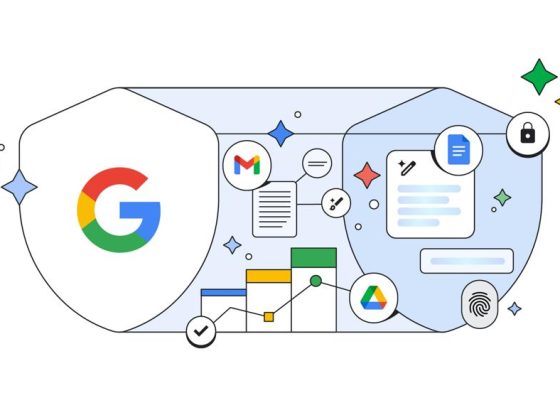Simple communication principles to help keep your (t)explanations concise and totally non-condescending this holiday season.
In case you hadn’t noticed, the holiday season is already upon us once again. That means people all around the world will soon begin scrambling to purchase gifts for the people they care about. Many of those gifts will involve the latest and greatest tech toys that have hit the market in recent months.
From our partners:
For technical folk (like myself, and I assume you, the reader), that means we’re about to face the same old deluge of questions and confused looks from the people in our lives once they unwrap their fancy new gear.
Now, you can try to avoid becoming the go-to tech expert, but instead, I thought it might be handy to prepare a guide on how best to explain technology to non-technical people.
With any luck, you’ll be able to use it to get through all of the coming tech support calls masquerading as small talk you’ll have to face going into the New Year.
Here’s what to do.
Know Your Audience
The first thing you’ll have to do is understand the individual you’re talking to, so you can adjust your communication tactics accordingly. For example, the way you’d explain a Roku to your niece or nephew is quite different from how you’d explain it to your grandparents.
The best way to gauge what the person you’re dealing with understands is to first ask them to explain what they think the problem they’re having is. That will let you know in great detail what their comprehension level is of the technology at hand.
The way you’d explain a Roku to your niece or nephew is quite different from how you’d explain it to your grandparents.
Once you know what they know (and don’t know), you’ll have a better idea of how to try and explain what you’re doing to fix their problem.
Skip the Details
The next thing to do is to make a concerted effort to discuss only the information the person you’re dealing with needs to know about what they’re trying to do.
I’ve found that I often go into technical issues in far greater detail than is necessary to deal with a problem – probably because I’m interested in technology and assume the person I’m dealing with will be interested, too.
In every case, this just leads to more confusion, as the non-technical person tries to comprehend far too much more than necessary, and often fails to understand anything.
So, your best bet is to skip the details. Get whatever the problem is out of the way, and refer the person to an online user manuals database if they’d like to learn more.
Use Similes and Metaphors to Make Your Points Clear
One of the best ways to help a non-technical person understand a technical concept is to relate it to things that they do understand through the use of similes and metaphors.
This is a common tactic that professors use when teaching scientific concepts to engineering students – and if it works for them, it’ll do wonders for your Aunt’s understanding of her new digital camera.
Make sure to keep your comparisons clear and concise while doing this. If you’re having trouble dreaming up solid concept comparisons, check out the useful (and often hilarious) Sideways Dictionary for help.
Maintain Two-Way Communication
We’ve all seen it – that “deer in the headlights” look that someone gets when what you’re trying to explain to them goes right over their head. When you see that look, it means two things.
First, you might as well stop talking.
Second, it’s that you already failed at the most important part of explaining technology to a non-technical person – maintaining two-way communication.
As you’re trying to get your point across, it’s important to ask the non-techie you’re dealing with to try and “explain back” what you’ve been saying.
That will keep them engaged and focused on understanding the topic, and also let you know when you need to back up and go over something again.
If You Teach Someone to Fish…
The good news is that every moment of effort you put into following these communication guidelines brings you closer to a day when the people around you won’t need so much help.
That’s because you’ll be steadily teaching them important technical concepts that will help them understand things better when future problems arise.
Then, you won’t have to make excuses to avoid answering all those calls for help – and you’ll still get to enjoy your holiday while remaining everyone’s beloved tech hero.
Good luck out there!
For enquiries, product placements, sponsorships, and collaborations, connect with us at [email protected]. We'd love to hear from you!
Our humans need coffee too! Your support is highly appreciated, thank you!








